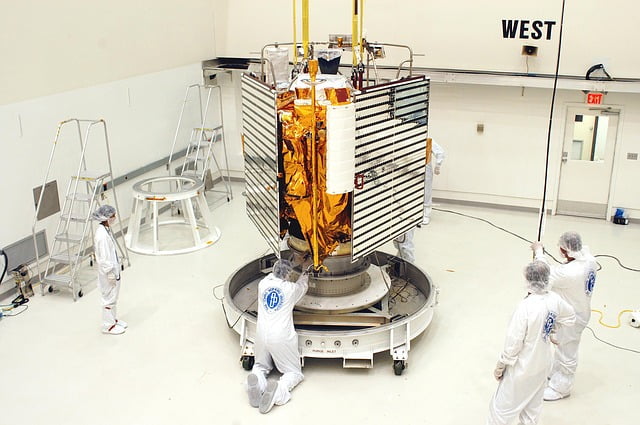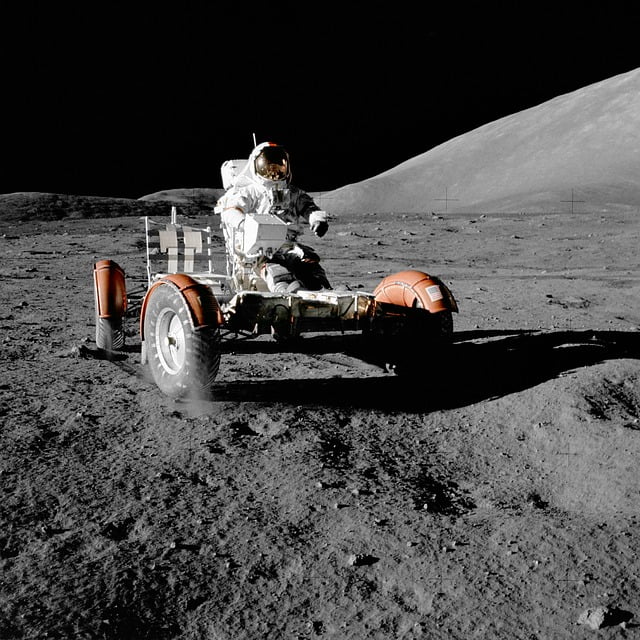We all have a passion: some of us enjoy fishing, some of us enjoy online betting in Canada. But all over the world, there is an unwavering passion: exploring deep space. We have been shipping people into space since the 60s and trying to exceed the limits of human beings. We’ve had our eyes on the Moon for a long time, but our new target is Mars. From billionaires to governments, many organizations are scrambling to land the first human on Mars.
While these efforts are mostly led by the United States and Europe, that may soon change. China recently landed its first rover on Mars. So, what does it mean? Has the United States fallen behind in the race to Mars? Will Asian countries now take the lead in space exploration? We try to answer all these questions below.
The Details of the “Zhurong” Landing
The name of the rover that China landed on Mars is “Zhurong.” It is named after an ancient fire god known in Chinese mythology. This program was called Tianwen-1, and the rocket carrying the rover was launched in July 2020. Tianwen-1 reached Mars orbit in February 2021 and remained in orbit for about 3 months, taking pictures. On May 15, the rover on the rocket landed on the surface of Mars. Thus, China managed to become the second country to land a vehicle on the surface of Mars.
When the rover approached the surface, it made a soft landing with a parachute and determined the landing site using a laser-guided system. These may seem like simple things, but due to the distance between Mars and Earth, the descent process cannot be controlled in real-time. In other words, this process is almost completely autonomous, and there is a very high chance that something will go wrong. And if something goes wrong, it’s impossible to intervene: all that effort and time is wasted.
Fortunately, there were no problems, and Zhurong successfully landed. Its landing site is just a few hundred kilometers from Curiosity, the NASA rover. The Tianwen-1 rocket continues to orbit. In this context, it should be noted that the orbit of Mars is quite crowded these days, as United Arab Emirates’ Hope rocket is currently orbiting Mars. The area where Zhurong landed is called Utopia Planitia, and it’s almost in the same place as NASA’s Viking 2 mission. The rover will stay on the planet for 90 Mars days (93 Earth days) and conduct various surveys. The Utopia Planitia region is believed to contain large amounts of ice water underground.
The Zhurong is a six-wheeled rover and is very similar in appearance to the NASA Opportunity rover. Among the features are two panoramic cameras, a radar that penetrates the ground, and a magnetic field detector. It also has a laser it can use to study rock compositions and meteorological instruments to assess weather conditions. Tianwen-1 will act as an intermediary station that will remain in orbit while Zhurong hovers on the surface.

The Success of the Chinese Space Program
Before China, many countries had attempted to land on Mars. The Russians almost did it, but during the landing, their probe malfunctioned, and the mission failed. The European Space Agency also attempted to land on Mars twice, but both missions failed. In other words, China is not the first country to attempt a Mars landing but is the second to successfully do so. This achievement is so significant that China has allegedly begun planning to land the first man on Mars in 2028, even though it has not been officially confirmed.
It’s still too early to start predicting who will win the Mars race. The United States has a clear lead, but NASA is known to be heavily influenced by local politics. At any moment, a senator can decide that NASA is using too much budget and do something to stop it – the United States space program has been interrupted many times over the years just because of this. In China, there are no such problems since the Communist Party supports the space program, and a member of the party is not expected to object to anything. In other words, China has no problems finding and allocating the necessary resources.
The winner of the space race between America and Russia was America, but the main reason for this was the “we must not lose against the Russians” idea. Once the United States won the race, it almost forgot about the space program because the “communists” were no longer able to compete. China seems to change all this. If America chooses to enter a space race with China, too, it can regain its glory in the old days.

